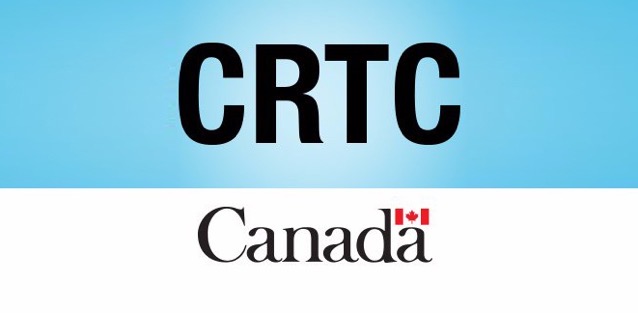
CRTC Chair Admits Bill C-11 Will Give Power Over User-Generated Content

Canadian Radio-television Telecommunications Commission (CRTC) chairman Ian Scott has admitted that the Liberal government’s proposed amendment to the Broadcasting Act, Bill C-11, will indeed give the regulator power over user-generated content on the internet — reports CTV News.
“As constructed, there is a provision that would allow us to do it as required,” Scott told MPs during a House of Commons heritage committee on Wednesday. The CRTC chair reiterated his remarks from IIC Canada’s annual conference earlier this week, saying that the Commission has no plans to regulate such content.
Scott added that the Canadian masses should “trust” the CRTC to not exercise authority over non-commercial content since the regulator has “never interfered with individual content” in its 50 years of broadcast regulation.
The CRTC later clarified Scott’s statement, saying:
As it’s drafted at the moment, the bill draws a distinction between the users of social media and the platforms themselves. It’s clear to the CRTC that the bill’s intent is to exclude individual users from regulation.
The Commission still disclaimed that “the content itself can be the subject of some regulatory oversight, but only in certain limited circumstances.” This would include instances where the content generates revenue, is available on other platforms such as television, and is classified by a unique, internationally assigned identifier.
Bill C-11 is the federal government’s second attempt to push taxes and mandatory promotion of Canadian content onto online platforms. The legislation aims to set up the CRTC to regulate online streaming companies in a similar way to which it regulates traditional broadcasters.
Bill C-11 was tabled by Heritage Minister Pablo Rodriguez in February and is currently making its way through parliament. Its predecessor, Bill C-10, failed to pass prior to the last election, largely due to fears that it would regulate user-generated content on social media platforms.
Scott’s admission directly contradicts Minister Rodriguez’s promises that the revised bill would exclude user-generated content. “With Bill C-11, we’re asking the online streaming companies that benefit from Canadian culture to contribute to it. Canadians and their content are excluded,” the Heritage Minister said in a previous statement.
While Bill C-11 does include a clause that excludes videos uploaded by one user for other users to watch from CRTC regulation, it is followed by qualifying clauses that give the CRTC the power to make regulations relating to “programs.”
This, along with the CRTC’s authority to determine what qualifies as commercial content under the proposed legislation, could give the Commission regulatory power over a wide range of online content, potentially including home videos.
Jeanette Patell, head of government affairs and public policy for YouTube Canada, argued that Bill C-11 is so broadly worded that it could put “essentially everything on the internet” under the CRTC’s purview.
Other critics of the proposed bill, including experts and everyday Canadians, share Patell’s view.
YouTube has also warned the bill could inadvertently hurt creators by working against its algorithms and essentially force-feeding content to users who might not actually be interested in it.
The CRTC has also been criticized for not possessing the expertise required to regulate online platforms, considering the Commission’s history as a broadcast regulator.
Last month, the CRTC chairman shrugged off critics’ concerns about the authority Bill C-11 would grant to the regulator when he spoke at Ryerson University in Toronto. Scott is set to be replaced in September as his five-year term as chair comes to an end.

